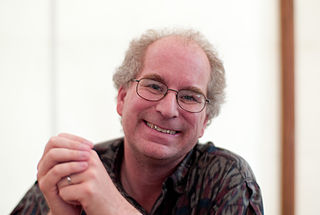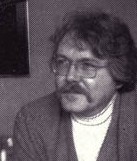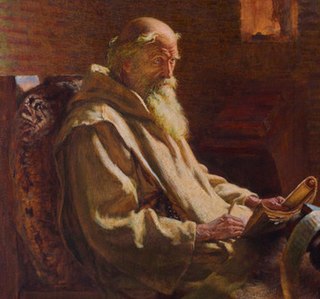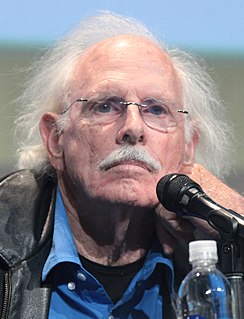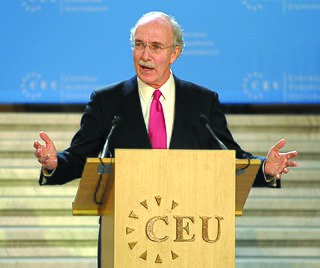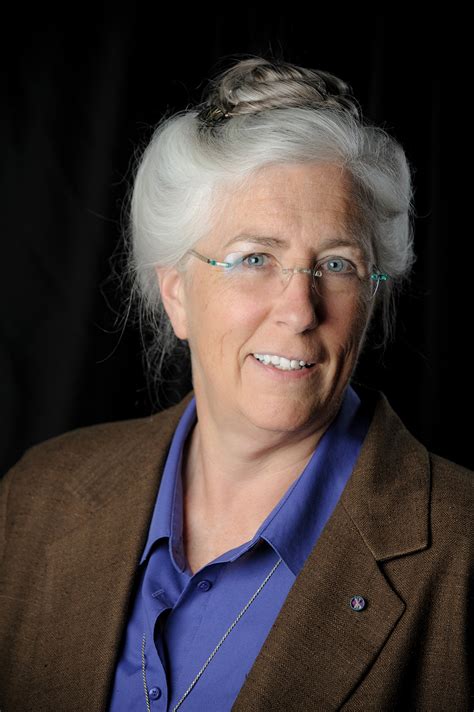A Quote by Brewster Kahle
Libraries have had a long history of dealing with authoritarian organizations demanding reader records - who's read what - and this has led to people being rounded up and killed.
Related Quotes
I've had people say, "You know, this 'Hope and Change' business, Rush, it's just as dangerous as, 'Make America Great Again,' all the specifics." And what you're really saying - even though you didn't voice this - is Barack Obama ended up being an authoritarian. He ended up being supported as an authoritarian because his wacko base wanted that stuff done - i.e., they wanted conservatives humiliated and defeated and ticked off and mad and losing everything, and they didn't care how Obama did.
Reading was like an addiction; I read while I ate, on the train, in bed until late at night, in school, where I'd keep the book hidden so I could read during class. Before long I bought a small stereo and spent all my time in my room, listening to jazz records. But I had almost no desire to talk to anyone about the experience I gained through books and music. I felt happy just being me and no one else. In that sense I could be called a stack-up loner.
